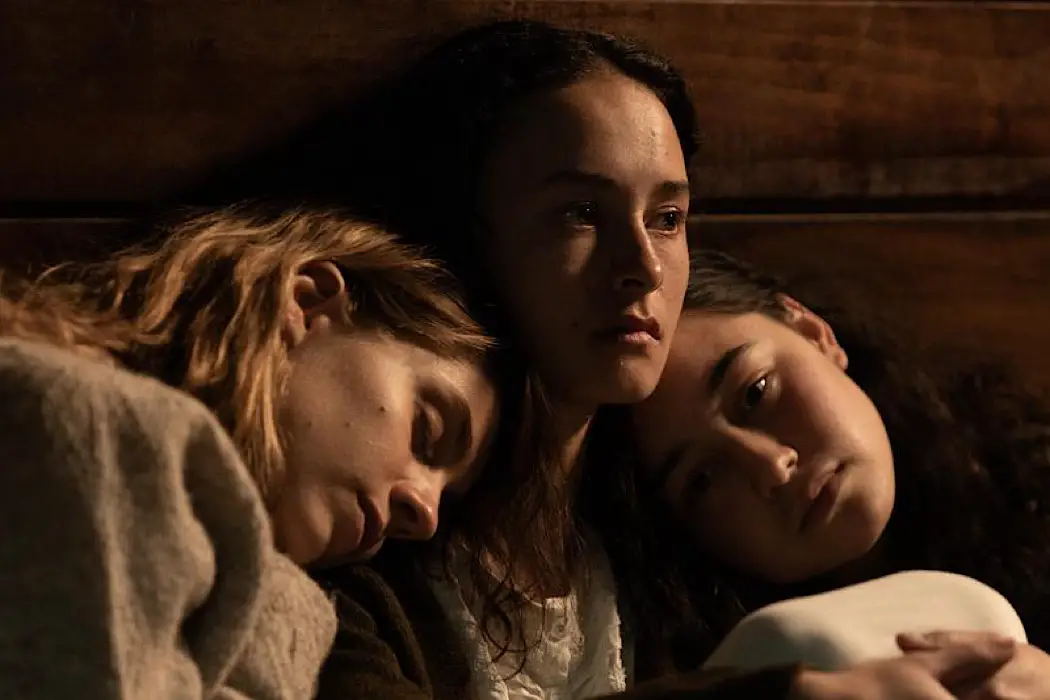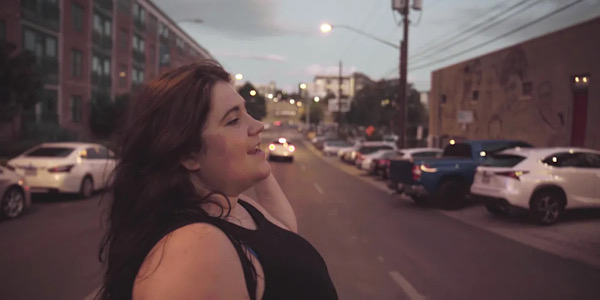SXSW Film Festival 2024: AN ARMY OF WOMEN & WE WERE DANGEROUS

Kristy Strouse is the Owner/Editor in Chief of Film Inquiry,…
This SXSW pairing is female-directed and led, a documentary of an inescapable trauma and need for justice and a story of three girls trying to escape their circumstances. Each has a powerful intent, both about daring women taking on the system.
An Army of Women (Julie Lunde Lillesæter)

Julie Lunde Lillesæter’s An Army of Women is an inspiring if not difficult-to-watch documentary, primarily because of the power of its effect, making it required viewing. There’s a resiliency that comes through the storytelling. It’s empowering director Julie Lunde Lillesæter takes us into the heart of the matter; one that’s a gut punch to withhold.
Three women have their rapes unprosecuted by Austin’s district attorney. Getting the attention and the justice they deserve is a strenuous affair, with the film showing the toll and the pains they go through to accomplish this. They want to hold law enforcement accountable and make a difference for future victims of sexual assault.
The brave women at the center (Hanna Senko, Marina Garrett, and Mary Ruth Reyes) each have their own story to share and with each, the urgency becomes increasingly obvious. There are some interesting behind-the-scenes looks at the case that many will find curious, but mostly this is a movie about strength. Strength of conviction, perseverance, and everyday women making a difference.
The film carries with it a profound sense of necessary justice and inspiration. An Army of Women is handled with sensitivity and care, providing a moving cinematic experience. For a first feature, it’s a promising and empowering film, and it’ll bring you to tears. I truly hope this story gets the audience and recognition that it deserves.
We Were Dangerous (Josephine Stewart-Te Whiu)

It’s 1954 in New Zealand, and three teenagers try to escape their detainment. All three girls aren’t looking to be reformed and want to fight back against their mistreatment. Daisy (Manaia Hall), Louisa (Nathalie Morris) and Nellie (Erana James).
It begins with an escape gone wrong which causes a shift in location, bringing the group to an island to keep the girls not only from getting away but also keeping them from boys. It’s an exploration of the colonization of the time in New Zealand, bringing us this view from a young female experience.
Despite being only 82 minutes the film maintains its sense of hopeful resiliency, built up by the fantastic youthful performances of our leads. Their energy helps to balance the darkened edges of this tale. Rima Te Wiata as the matron is fantastic, and the comedic elements bring a delightful balance to the tale. The quirky moments, along with the lovingly shared camaraderie, are one of the strengths of this period drama. It captures that period of adolescence where discovery is especially prominent, making their isolation even more disheartening. The film captures the audience cheering for their escape though, with ample whimsy and humor, rooting until the very end. With terrifically written dialogue and a trio of talent at its core, We Were Dangerous was an unexpected gem of SXSW 2024.
It’s a heartwarming story that’s colored with compelling personalities and relationships. The strength of their friendship and the organic chemistry of the actresses. We Were Dangerous is a compelling coming-of-age story guided with intrepid force.
Does content like this matter to you?
Become a Member and support film journalism. Unlock access to all of Film Inquiry`s great articles. Join a community of like-minded readers who are passionate about cinema - get access to our private members Network, give back to independent filmmakers, and more.
Kristy Strouse is the Owner/Editor in Chief of Film Inquiry, writer, podcaster, and all around film and TV fanatic. She's also VP of Genomic Operations at Katch Data and is a member of The Online Association of Female Film Critics and The Hollywood Creative Alliance. She also has a horror website: Wonderfully Weird & Horrifying.













